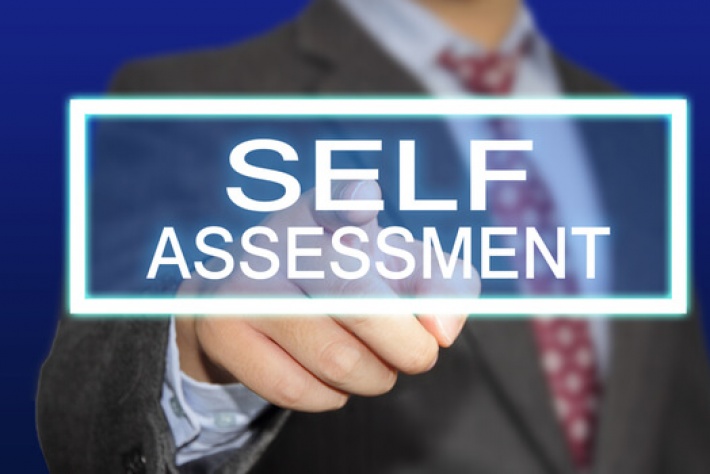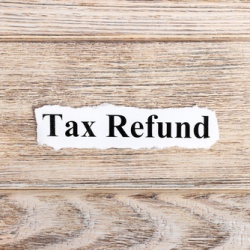Self Assessment explained: Guidance on key terms and tax lingo

It’s that time of year again when you have to grapple with self assessment and all of its confusing terminology. The language can make the whole process more stressful and time-consuming than ever, and if you don’t understand it there’s a chance you’ll make a mistake.
So here’s a guide to some of the key terms and tax lingo to make self-assessment easier and get you on track to being HMRC-compliant.
Tax year and accounting year
The tax year and your accounting year form the basis on which your tax return is submitted. A tax year starts on 6th April each year and ends on the following 5th April, and is a standard time period for everyone.
An accounting year can vary between businesses, and reflects the dates on which the business accounts start and finish. It’s not always possible to have your business accounting year and the tax year aligned, however, as businesses are established throughout the year.
If you’re a sole trader or part of a business partnership your accounting year will be recorded on your tax return, but if you’re a company director this isn’t the case as the company submits its own tax return.
Income tax
Income tax is the tax you pay on your income for the year, which exceeds your personal allowance. Currently the personal allowance is £12,500, and this represents the amount of income you can earn tax-free.
Your taxable income is the income received over and above the personal allowance, and can include various sources, such as employment, self-employment, and payment by dividend.
National Insurance
Paying National Insurance Contributions (NICs) entitles you to certain state benefits, such as redundancy pay and the State Pension. You’ll pay different types of National Insurance depending on your circumstances.
Self-employed people pay Class 2 National Insurance Contributions over a certain threshold, for example, and may also pay Class 4 NI if their profits are high enough. For the 2019/20 tax year the threshold is £6,365 for Class 2 National Insurance and £8,632 for Class 4.
Taxable profit
Your taxable profit is the amount of profit you’ve made during your accounting year, after allowable business expense deductions have been made. If you’re newly self-employed and your accounting year differs from the tax year, in your first year it’s the profit made from the date you started until the following 5th April.
Other factors also affect the calculation of taxable profit, including whether you’re using the accruals basis or the cash basis for your accounts. Getting it right is important when completing self-assessment, and it’s a good idea to secure the help of a qualified accountant to make sure you don’t make a mistake.
Capital assets and capital allowances
Capital assets are larger purchases made by a business that are generally used for a period of two years or more. They’re also known as fixed assets, and often include items such as computer equipment, vehicles, or machinery.
The term ‘capital’ differentiates them from the day-to-day expenses incurred when running your business, and they appear on your balance sheet rather than in the profit and loss account.
The government offers tax relief for businesses that purchase capital assets, by way of capital allowances. These allowances can help you reduce your tax bill, but you’re required to include details of the allowances you’ve claimed on the tax return.
Late filing penalties
Late filing penalties are fines imposed by HMRC for submitting your tax returns after the set deadline. You must file your self-assessment tax return by the end of 31st January each year, and if you miss it by just one day you’ll receive an immediate penalty of £100.
Late filing penalties increase the longer it takes to file your tax return, and after three months a daily penalty of £10 is applied, for a maximum of 90 days. After six months, the greater of 5% of the tax due or £300 is charged.
Self-assessment can definitely be taxing, and it’s valuable to have qualified help when you need it. Handpicked Accountants match businesses with reliable and fully qualified accountants to make sure the support is there, and to minimise issues with HMRC. Our referrals are based on practical knowledge of each accountant or accountancy practice, so please contact one of our team to find out more.


